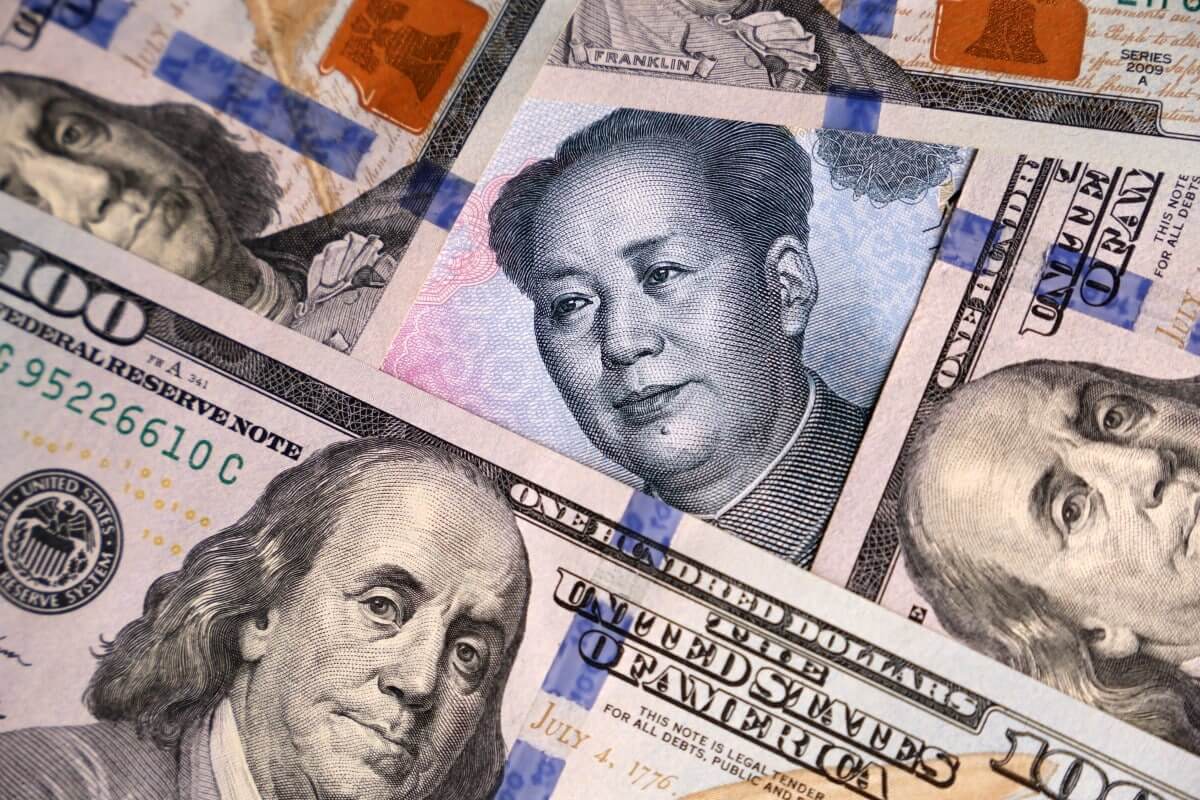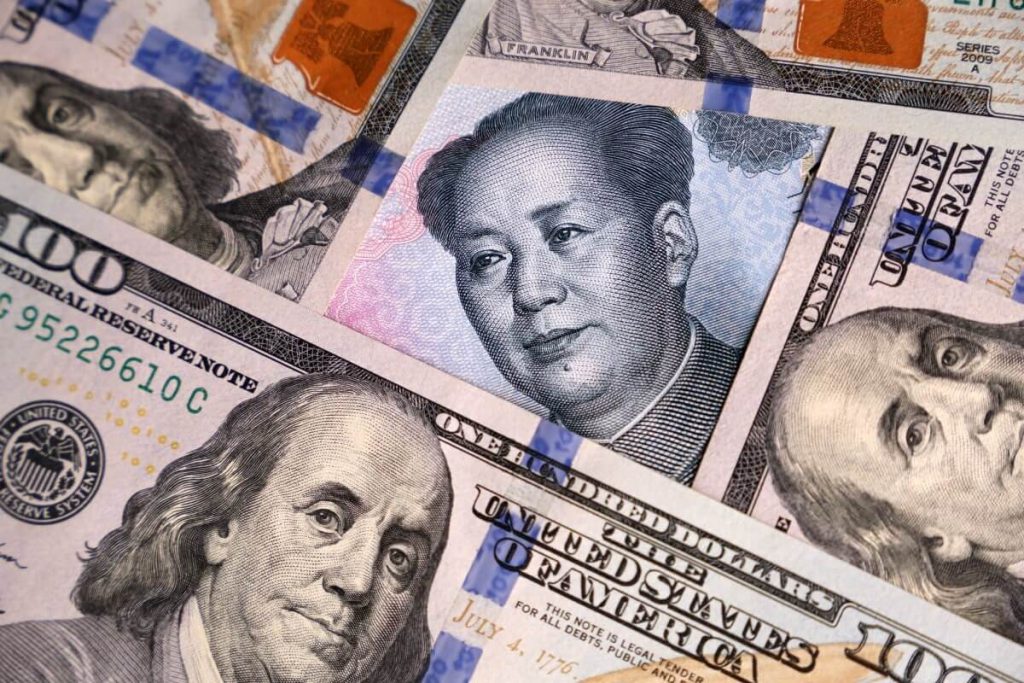
Yuan Surpasses Dollar in Russian Trades
Quick Look
- PBoC sets USD/CNY rate at ¥7.0979, close to estimates.
- Yuan transactions in Russia hit forty-two per cent, surpassing USD.
- PBoC holds MLF rate at 2.5%, injects one hundred billion Yuan.
- Russia plans to triple CNY-based transactions.
On Monday, the PBoC set the USD/CNY central rate at ¥7.0979, a marginal adjustment from Friday’s fix of ¥7.0967, reflecting a controlled approach to its currency valuation against the US dollar. Concurrently, the PBoC has decided to maintain the one-year medium-term lending facility (MLF) interest rate at 2.5%. This decision was widely anticipated and aligns with the bank’s ongoing policy to foster economic stability. Additionally, the injection of one hundred billion Yuan via a one-year MLF further underscores the central bank’s commitment to ensuring sufficient liquidity in the financial system.
The Yuan’s Rising Influence in Global Trade
The Chinese yuan is not just holding its ground; it is advancing on the global stage. This is particularly evident in its role within Russia. Amidst the backdrop of intensifying global currency competition, the yuan is rapidly outpacing the US dollar. Specifically, it dominates central and offshore financial transactions in Russia.
Recent data reveals a significant shift. The yuan now accounts for forty-two per cent of Russia’s foreign currency transactions. Consequently, it has surpassed the dollar’s thirty-five per cent. This increase is more than just a statistic; it signifies a strategic pivot by Russia towards the yuan.
This pivot is driven by a necessity to circumvent the extensive US sanctions. These sanctions have isolated Russia from many global financial markets. As a result, Russia has been pushed to seek alternative avenues for its trade and financial activities. Thus, the yuan has become a preferable choice due to its accessibility and growing acceptance.
Strategic Economic Responses and Future Implications
As the geopolitical landscape evolves, Russia is planning a substantial increase in its yuan-based transactions. Reports indicate that Russia aims to triple its dealings in yuan. Consequently, these transactions may surpass the previous peak of three hundred and eighty-five billion dollars recorded in 2023. This move represents more than a mere shift in currency preference. Indeed, it reflects a broader strategy to reduce dependency on traditional Western financial systems, which are currently inaccessible due to sanctions.
Furthermore, by diversifying its economic alliances and relying more on the yuan, Russia seeks to safeguard its economy. Additionally, this reliance aims to sustain its financial operations amidst ongoing global tensions.
The ascendancy of the yuan in international markets, particularly in key strategic regions like Russia, signifies a notable shift in global economic dynamics. This trend does not only reflect changes in geopolitical alignments; it also highlights the growing influence of Chinese financial policies. Moreover, the yuan is emerging as a formidable contender in the currency domain. As these developments unfold, global trade and economic stability have profound implications. Ultimately, they hold the potential to redefine established financial relationships and structures in the years to come.


